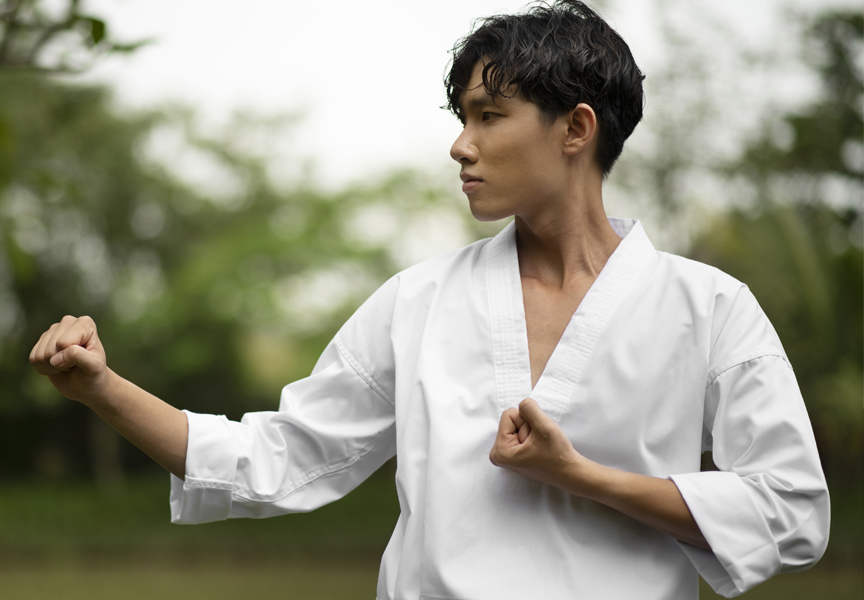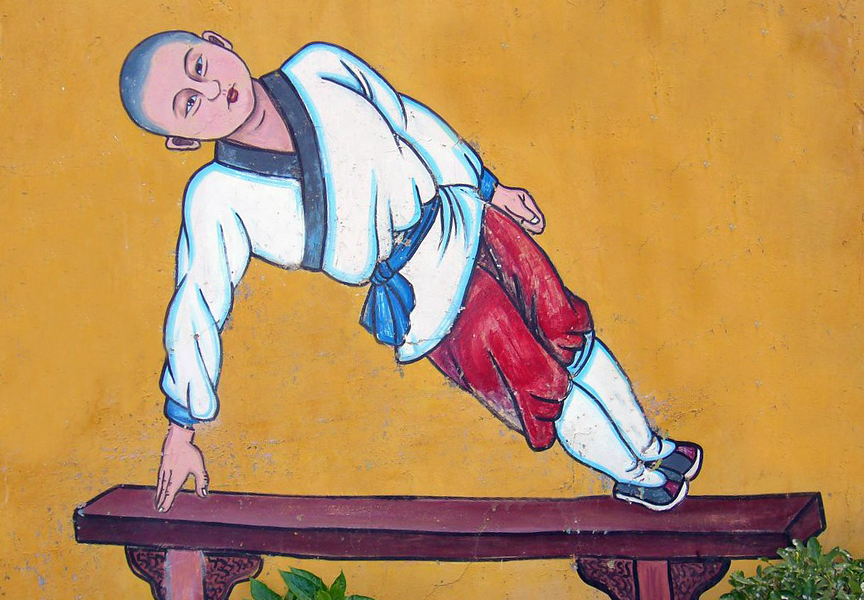Random Free Articles
- What Matters Most - Victory or Effort?

What Matters Most - Victory or Effort? In the grand arena of life, the question of what holds greater significance, victory or effort, has been a subject of perennial contemplation. Whether in sports, academics, or personal pursuits, individuals grapple with this profound inquiry, each offering compelling arguments to support their stance. Yet, the essence of this debate transcends mere outcomes, delving into the very fabric of human existence…
- Upholding Tradition

The Responsibility of Practicing Traditional Martial Arts In a world where trends come and go with the blink of an eye, traditional martial arts stand as bastions of timeless wisdom, discipline, and cultural heritage. Rooted in centuries of history and philosophy, these martial arts aren't merely physical disciplines but profound systems of self-improvement and ethical conduct. However, as the popularity of martial arts grows, so does the…
- Evaluating the Necessity of Learning Martial Arts for Self-Defense

In a world where physical altercations can sometimes be unavoidable, the idea of learning a martial art for self-defense purposes seems logical and prudent. Many individuals are drawn to martial arts classes with the belief that acquiring combat skills will keep them safe in dangerous situations. However, before committing to rigorous training and dedicating time and resources to mastering a martial art, it's crucial to assess the…
- The Transformation of the Humble Bench

From Seating to Weapon of Choice In the world of martial arts, innovation and adaptability have always played a crucial role in shaping the evolution of combat techniques. One of the most intriguing examples of this phenomenon can be found in the ancient discipline of Shaolin Kung Fu, where the seemingly ordinary bench - Changyi [Chin.: Cháng yǐ 长椅] has been transformed into a formidable weapon of choice. Originally designed for seating,…
- Evaluations Over Examinations in Martial Arts

A Holistic Approach to Progress Martial arts, beyond being a physical discipline, is a profound journey of self-discovery, discipline, and continuous improvement. Traditional examination systems have long been ingrained in martial arts culture, with students undergoing rigorous testing to advance to the next belt rank. However, a paradigm shift is underway, as many Traditional martial arts schools, and Shaolin in particular, are embracing the…
